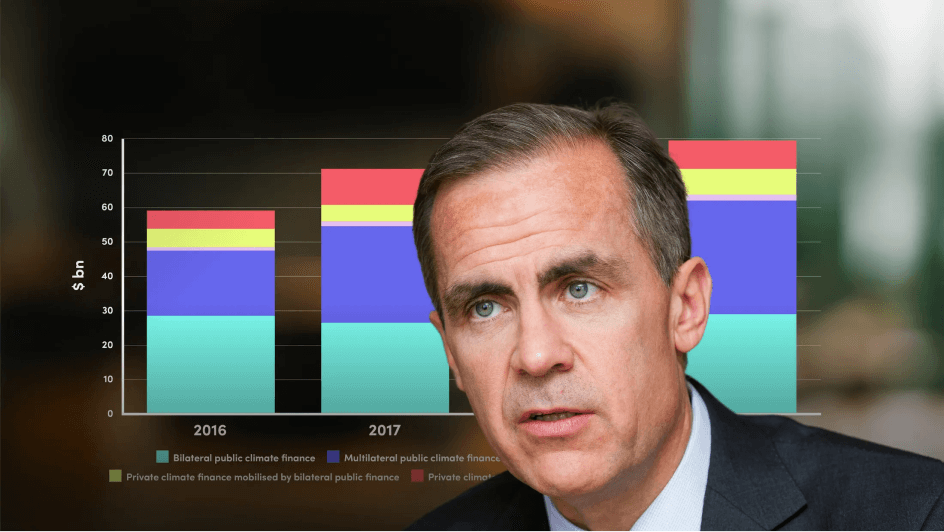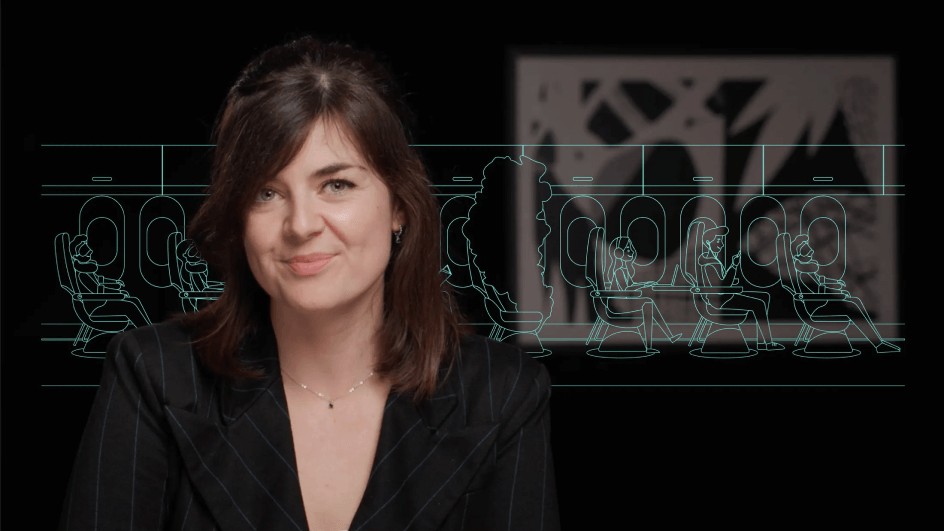
Risk-based Decision-Making

Hans-Kristian Bryn
35 years: Strategic risk management and governance
In this video, Hans-Kristian looks at risk-based decision-making, exploring how corporates can make better investment and capital allocation decisions in a complex and unpredictable world. He also focuses on the role of the business case and how corporates can improve it to ensure that capital is allocated to the opportunities that are most likely to generate the greatest value.
In this video, Hans-Kristian looks at risk-based decision-making, exploring how corporates can make better investment and capital allocation decisions in a complex and unpredictable world. He also focuses on the role of the business case and how corporates can improve it to ensure that capital is allocated to the opportunities that are most likely to generate the greatest value.

Risk-based Decision-Making
15 mins 57 secs
Key learning objectives:
Understand what risk-based decision-making is
Outline how corporates can make better investment decisions
Understand the role of business case and how corporates can improve
Overview:
In many organisations, decisions are made on the basis of a single number such as Net Present Value or Internal Rate of Return. Questions about how value could be eroded are often relegated to the back pages of appendices to the business case. This leads to the question of whether value enhancement is being balanced with a realistic assessment of the risks.
What is risk-based decision-making and business case?
Risk-based decision-making is the process of taking a decision that is built on the combination of both the expected returns and the associated risks, with the decision being made based on the returns adjusted for these risks. We recognise that this can incorporate qualitative, quantitative or indeed hybrid models, and can take a number of different approaches depending on the particular case.
A business case is a formal or informal process for describing a potential investment in terms of the objectives, projected returns and value that is expected to be created. It is likely to be a combination of narrative descriptions and financial projections which underpin the go/no-go decision.
What are the key elements of a business case?
- The strategic rationale for the proposed decision
- The anticipated business benefit
- The financial projections
- The business case criteria
What are the capital allocation questions we need to ask?
- Do we pursue organic or inorganic growth?
- How can we optimise the business model?
- What Joint Ventures, partnerships or channels will support our growth?
- How much should we invest in resilience?
What are the key business case questions that the Non-Executive Directors should ask?
- Does the business case align with the purpose and priorities of the organisation?
- Have the risks relating to the proposed business case been identified and assessed, including the use of stress tests?
- What impact will the business case have on the Principal Risks of the organisation?
- How attractive are the risk adjusted returns?
- How does the business case compare with alternative uses of the organisation’s available capital and scarce resources?
- Are there any potential reputational impacts that should be included?
What are the questions Non-Executive Directors should ask n relation to incentives and rewards?
- Does the incentive system support the risk appetite and strategic objectives of the business?
- Will incentives encourage managers and executives to make decisions that reflect the strategic intentions and risk appetite of the Board?
- Are the links between risk appetite, decision-making frameworks and executive rewards explicit and understandable?
- Have we built in risk considerations, such as deferral mechanisms, that protect the firm from rewarding its management team for inaccurate, incomplete or misleading data?

Hans-Kristian Bryn
There are no available Videos from "Hans-Kristian Bryn"





















